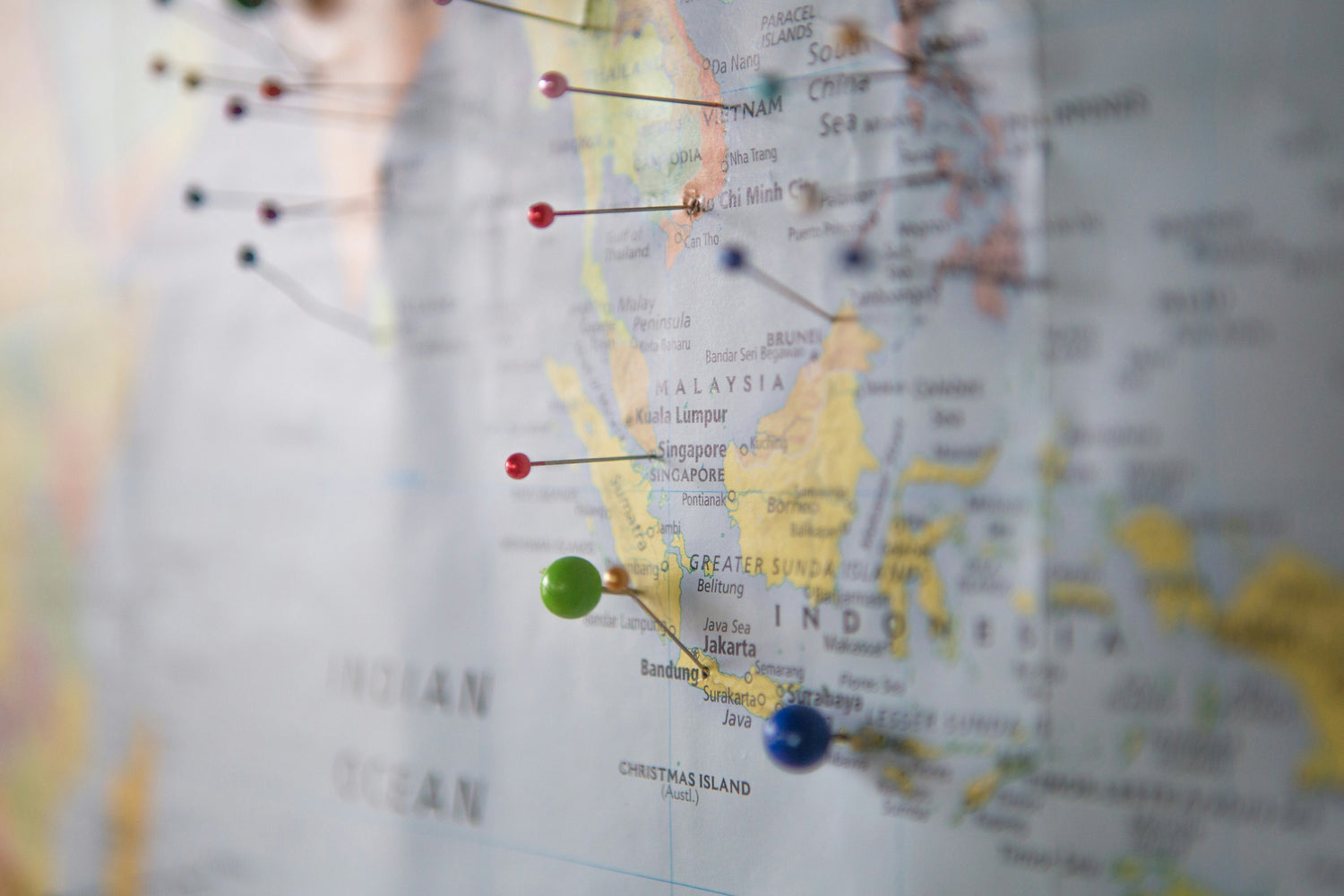In a world where routines can quickly become comfortable cocoons, it’s easy to fall into the trap of saying "I don’t want to" without even trying something new. This simple shift in mindset, to "let's give it a try," can have profound effects on our lives. But why is it so essential to drop our egos and embrace novelty?
In the realm of personal growth and self-discovery, one of the most potent yet often overlooked strategies is the willingness to try new things. In this article, let's explore the science and emotional standpoint of why dropping our ego and embracing novel experiences not only enriches our lives but also shapes our opinions in profound ways.
You cannot form an opinion or know how you will react to something based on nothing or even trying it once or a couple of times. The beauty in being human is allowing ourselves to stretch and explore new things, and then coming up with a consensus after trialing and experimenting with these things for a good period of time.
The Neurobiology of Novelty
Our brains are wired to seek novelty. When we encounter new experiences, the brain releases dopamine, the neurotransmitter associated with pleasure and reward. This surge of dopamine not only makes us feel good but also enhances our ability to learn and adapt. Studies have shown that exposure to new and unfamiliar stimuli promotes neuroplasticity, the brain’s ability to reorganize itself by forming new neural connections. In other words, trying new things literally rewires our brains, enhancing cognitive function and creativity all the while making us more agile and resilient in the face of change.
Overcoming Fear and Building Confidence
One of the main reasons people resist trying new things is fear—fear of failure, embarrassment, the unknown, or even fear of changing and becoming someone new. This can lead to the fear of feeling unrecognizable or losing a part of their identity they thought was important to them. However, research suggests that stepping out of our comfort zones is crucial for personal growth and development. Psychologists have found that when we confront our fears and try new activities, we expand our comfort zone over time. Each new experience, whether successful or not, boosts our self-esteem and confidence, making us more willing to take on challenges in the future.
So, knowing this, what is the best way to approach situations that make us uncomfortable or explore new ideas and perspectives? Well, cultivating the values of humility and openness will allow us to see things not just from our feelings and thoughts but more objectively. It means letting go of ego-driven fear of failure and embracing the unknown with a sense of curiosity and wonder. By dropping our egos and adopting a mindset of exploration, we open ourselves up to a world of possibilities. We become more resilient in the face of challenges, more adaptable to change, and more receptive to new ideas and perspectives.
Essentially, we go from thinking what we think is our best interest and what we know, to learning that we don't know what we don't know and what we know is not all there is to know.
Broadening Perspectives and Challenging Assumptions
Trying new things also helps us challenge our assumptions and broaden our perspectives. When we stick to what we know, we limit ourselves to a narrow view of the world. By exposing ourselves to diverse experiences, people, and ideas, we cultivate empathy, open-mindedness, and creativity. Research in social psychology has demonstrated that interacting with individuals from different backgrounds leads to greater tolerance and reduces prejudice. Similarly, engaging with new concepts and viewpoints stimulates critical thinking and fosters intellectual curiosity.
Forming Informed Opinions Through Experience
Lastly, shaping our opinions through experience allows us to form more informed and nuanced judgments. Rather than relying solely on hearsay or preconceived notions or others' opinions without ever truly engaging with the subject matter ourselves, first-hand experience provides valuable insights that can challenge or confirm our beliefs. Psychologists refer to this as the "experience-expectant brain," where our brains actively seek out and process information based on our interactions with the environment. By actively participating in new activities, exploring unfamiliar cultures, or learning new skills, we gain a deeper understanding of the world and ourselves.
So with all of the above, how can you take away the lessons and teachings from this blog post and apply them to your life?
Firstly, practice curiosity. Be curious, explore new subjects, methods, or perceptions. Take something you don't know much about or even don't like and be curious, give it a go for 21 days, a whole month, or even two weeks. If, after that time, it is not serving or benefiting you, then you can at least say that you tried it long enough to get somewhat of an informed decision.
Secondly, don't be afraid of failure. Now, I could make a whole other post about this, but ultimately don't be afraid to fail. It is what cultivates a growth-oriented mindset, as reframing failures as opportunities for learning only benefits you and can be the difference between being one step away from succeeding or one step away from giving up too early and seeing the benefits and impact that thing may have had on your life.
Finally, reflect on your experiences. Regularly journal about insights gained, lessons learned, and personal growth achieved. By taking intentional steps to embrace novelty, cultivate curiosity, and shape opinions through experience, you can unlock new potentials and enrich your journey of self-discovery.
Conclusion
In conclusion, the journey from saying "I don’t want to" to "Let's give it a try!" is not just about trying new things for the sake of novelty. It's about embracing opportunities for growth, overcoming fears, expanding our horizons, and shaping our opinions through first-hand experience. As we venture into the unknown, we not only improve our lives but also contribute to a more empathetic, open-minded, and interconnected world.
So, the next time you hesitate to try something new, remember the profound impact it can have on your brain, confidence, character, perspectives, and ultimately, your life journey.
In the journey of life, it's not about clinging to what we know; it's about daring to explore what we don't.
With this, I hope it's encouraged you to think a bit more about the importance of shifting your perspective. As I know applying this mindset definitely helped me and even took me a little time to really grasp and implement. As creatures of habit, we tend to revert back to our old thinking, but sometimes, our egos are too big for our own sake and can leave us blind to the thing in front of us that may revolutionize our lives. Remember, life is about exploring, trying, failing, and trying again.
With that... see you in the next one.
From Bradley D.R
Co-director of KINGS PIECE





